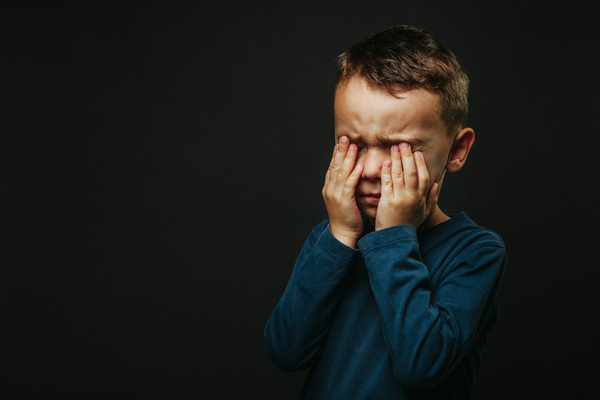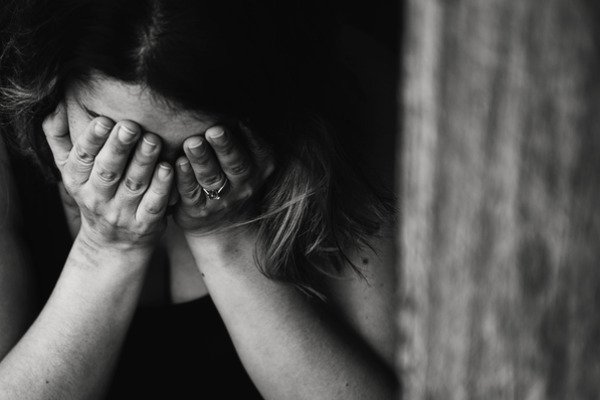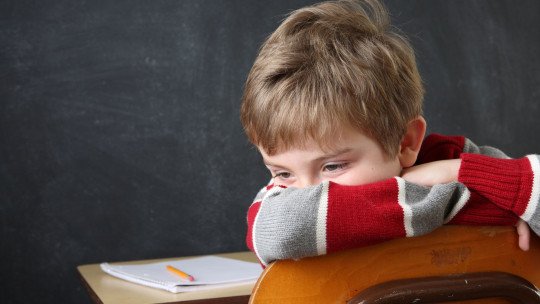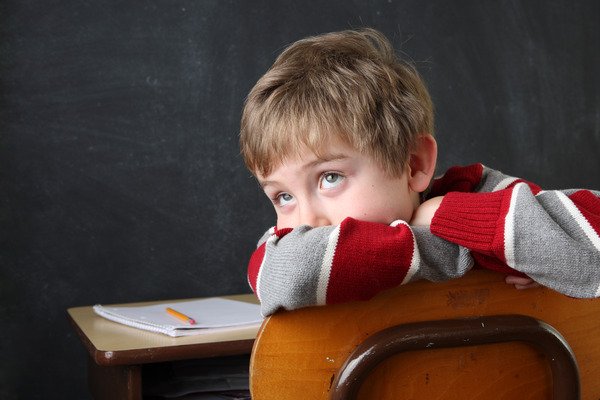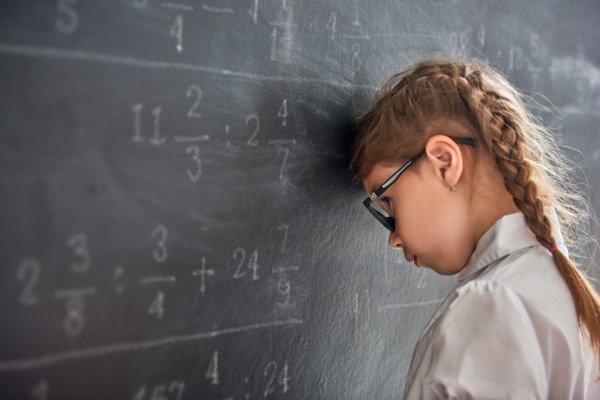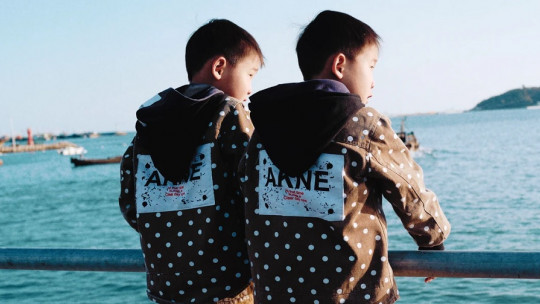Abuse in childhood has the capacity to alter correct cognitive development, causing significant damage at later ages that can be maintained over time.
The family environment is one of the environments in which development occurs to a large extent in the little ones. However, this environment is not always the most suitable for proper growth.
Sometimes, the little ones are referred for consultation due to suspicion of ADHD, impulsivity, comprehension problems, memory, etc. Once we carry out an evaluation and rule out possible problems, alarm bells may begin to ring about whether there may be another factor that is affecting these problems.
Could family difficulties be affecting our children’s impulsivity or memory at the attention level? The answer is yes.
When the family environment becomes a stressful environment, in which the child loses the ability to feel safe and included, in which his or her dignity or physical integrity is endangered, children can be affected cognitively.
It is studied that the child abuse It has the ability to modify both brain function and structure, altering the trajectory of development, increasing the risk of suffering from psychiatric disorders at later ages and impacting in operation neurocognitive In fact, it has been observed in neuroimaging tests that those people who have suffered abuse in childhood present a different brain that of people who do not have this history.
We can find problems at the level of language, intelligence, motor skills, attention, difficulty planning and making decisions, memory, etc. These interruptions in neurodevelopment can trigger problems of a psychosocial, academic, behavioral and affective nature, that is, generally those children who are exposed to situations of abuse can present emotional symptoms, at school and in their interpersonal relationships. But, what types of abuse do we know?
Not only the physical abuse is considered abuse, but within these situations considered abuse we can also find:
- Abandonment or Negligence: the child’s basic needs and safety are not being met.
- Emotional Abuse: The child’s psychological needs are not being met, those that have to do with social relationships, formation of self-concept and self-esteem.
- Corruption: encourage the child to engage in antisocial behavior that tends to be aggressive, etc.
- Sexual abuse: in which an adult uses the child to satisfy his sexual needs.
And more forms of childhood abuse: begging, labor exploitation.in fact, not only is this type of stressor considered the one that is exerted directly on the child, but also the secondary one in which the child can play the role of spectator.
He child abuse It continues to be a problem to highlight in our society. During 2015, the ANAR foundation registered 40.6% more cases of violence against children and adolescents. In total, of the 8,569 cases, 2,952 were specific to abuse; 1,229 cases of physical abuse, 882 cases of psychological abuse, 435 cases of sexual abuse and 406 cases of neglect or abandonment. In 2000, ENDES recognized that 61% of the deaths of children under 5 years of age were caused by fathers, with 30% of these caused by mothers, in situations such as unwanted pregnancies due to rape, teenage pregnancies or abandonment. family on the father’s side, among others. Sexual abuse in children is one of the most important global public health problems according to the World Health Organization (1999), so it was important to conduct a review of the different studies that existed about the influence of child sexual abuse. in the cognitive development of the individual.
These figures denote the need to intervene with this problem as soon as possible and do so so that the little ones can have a correct development that does not end up affecting them in the long term.

